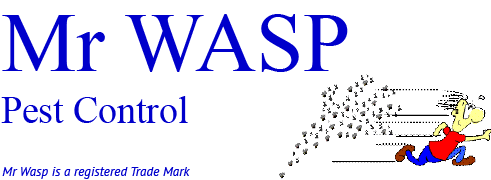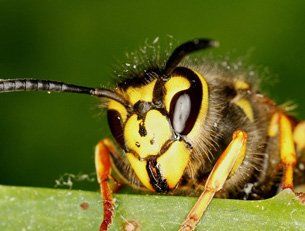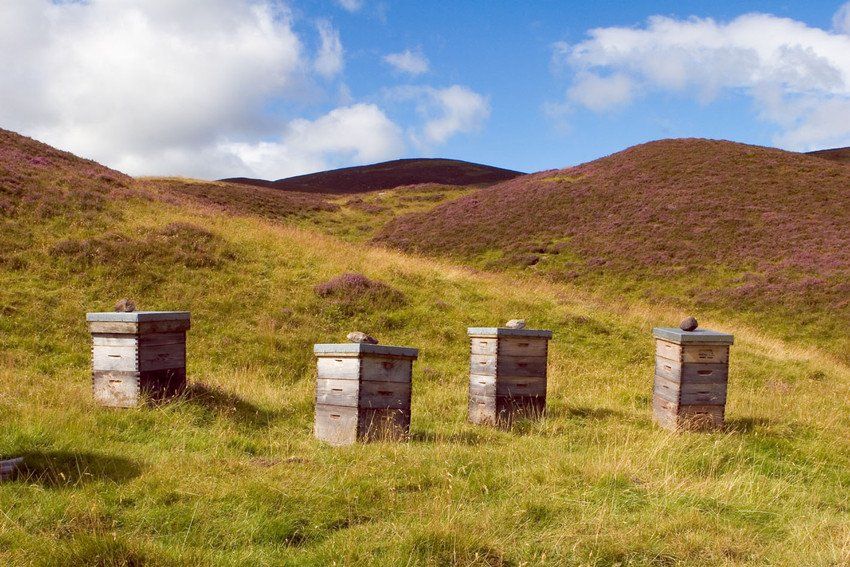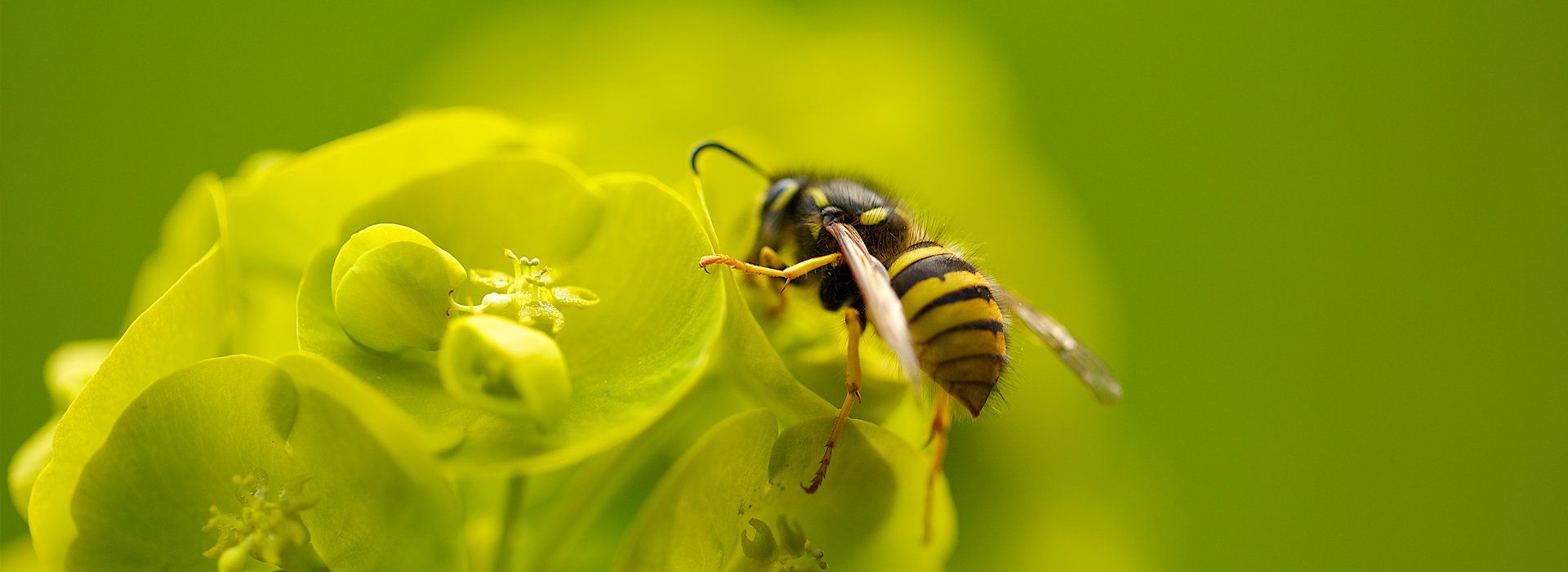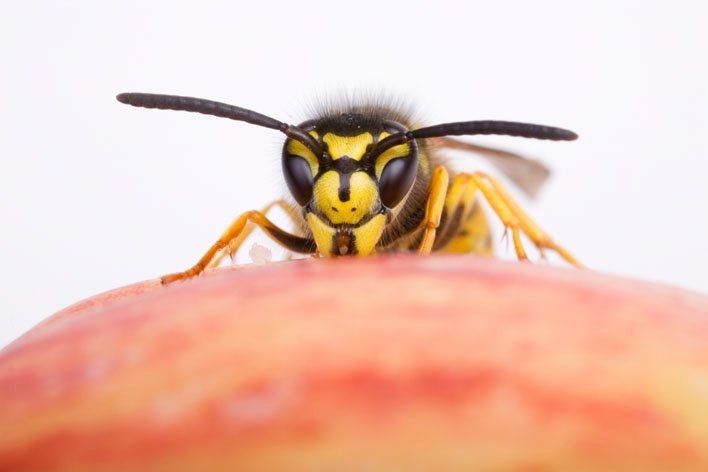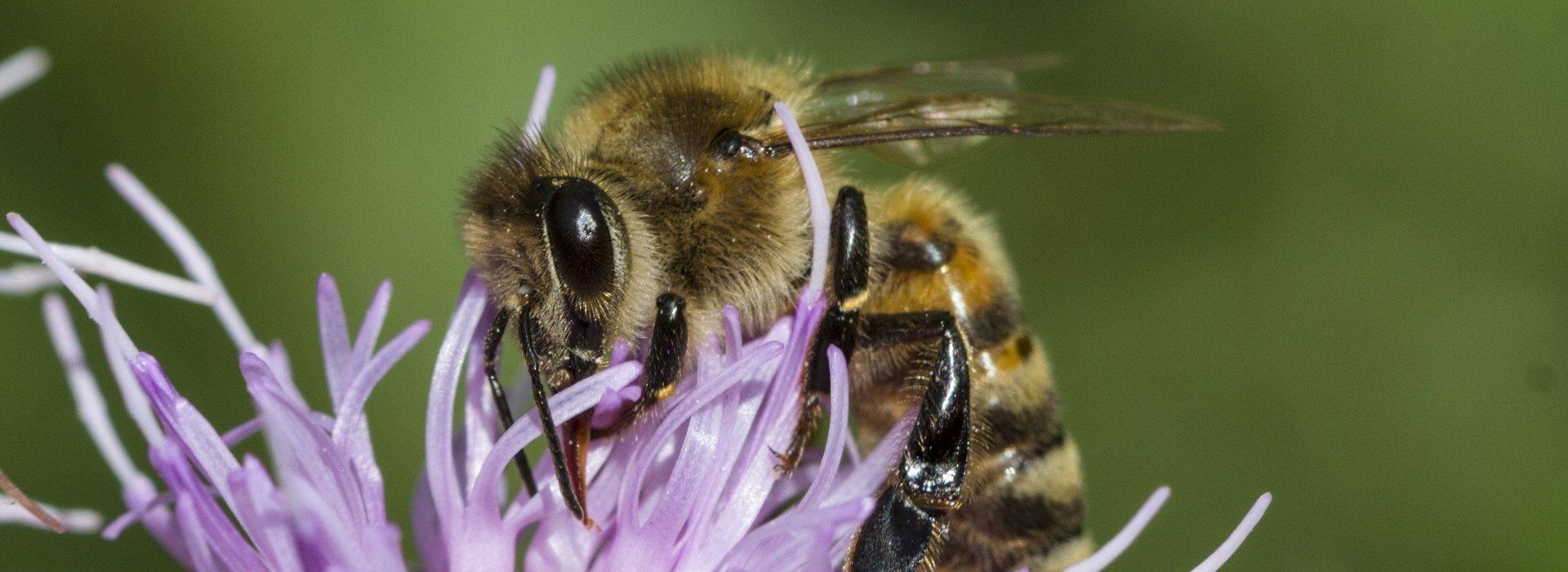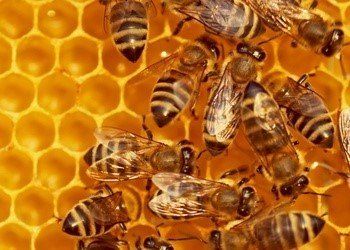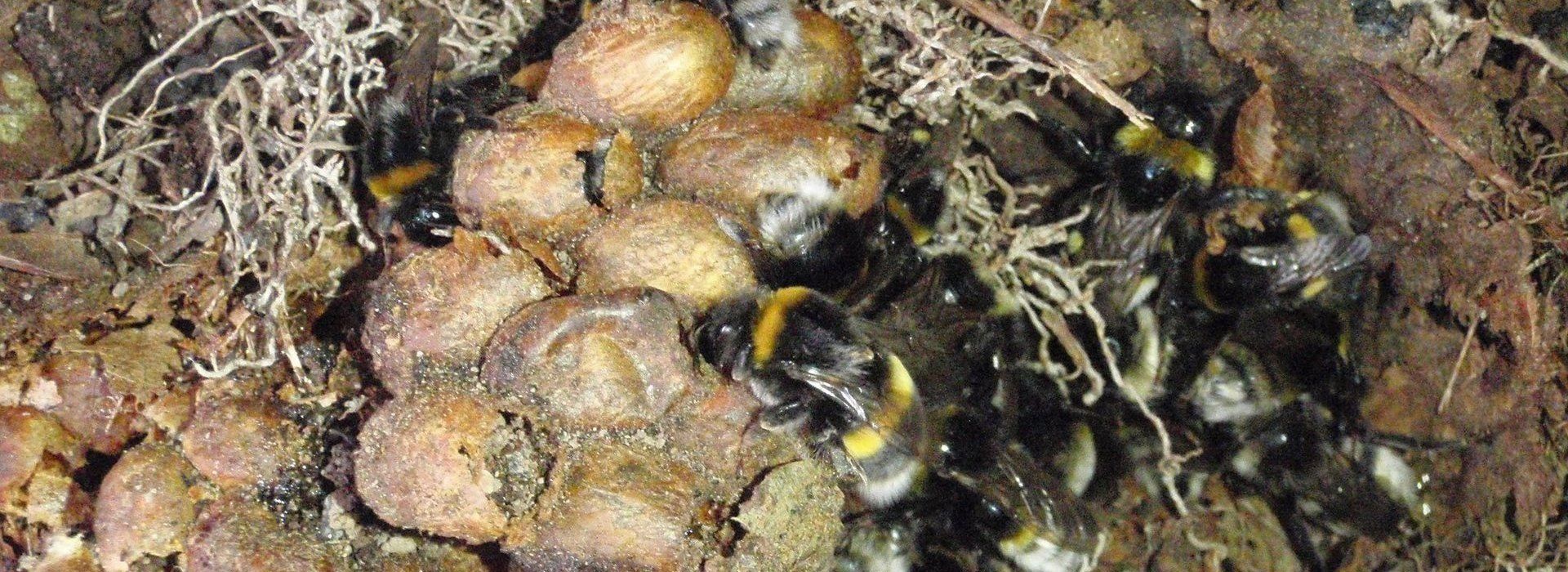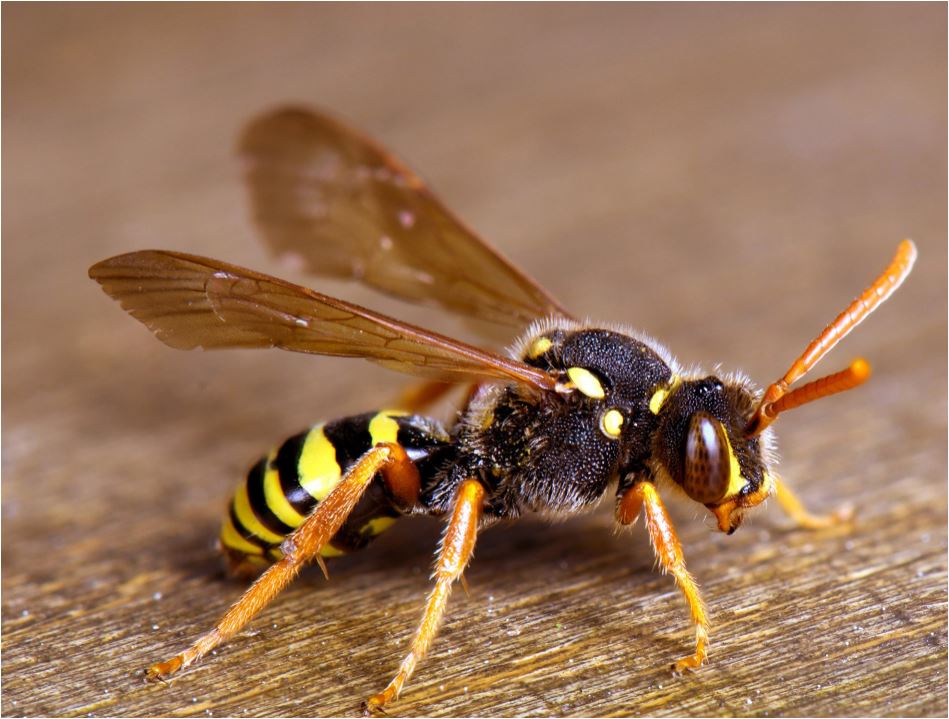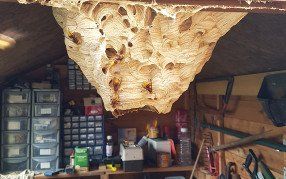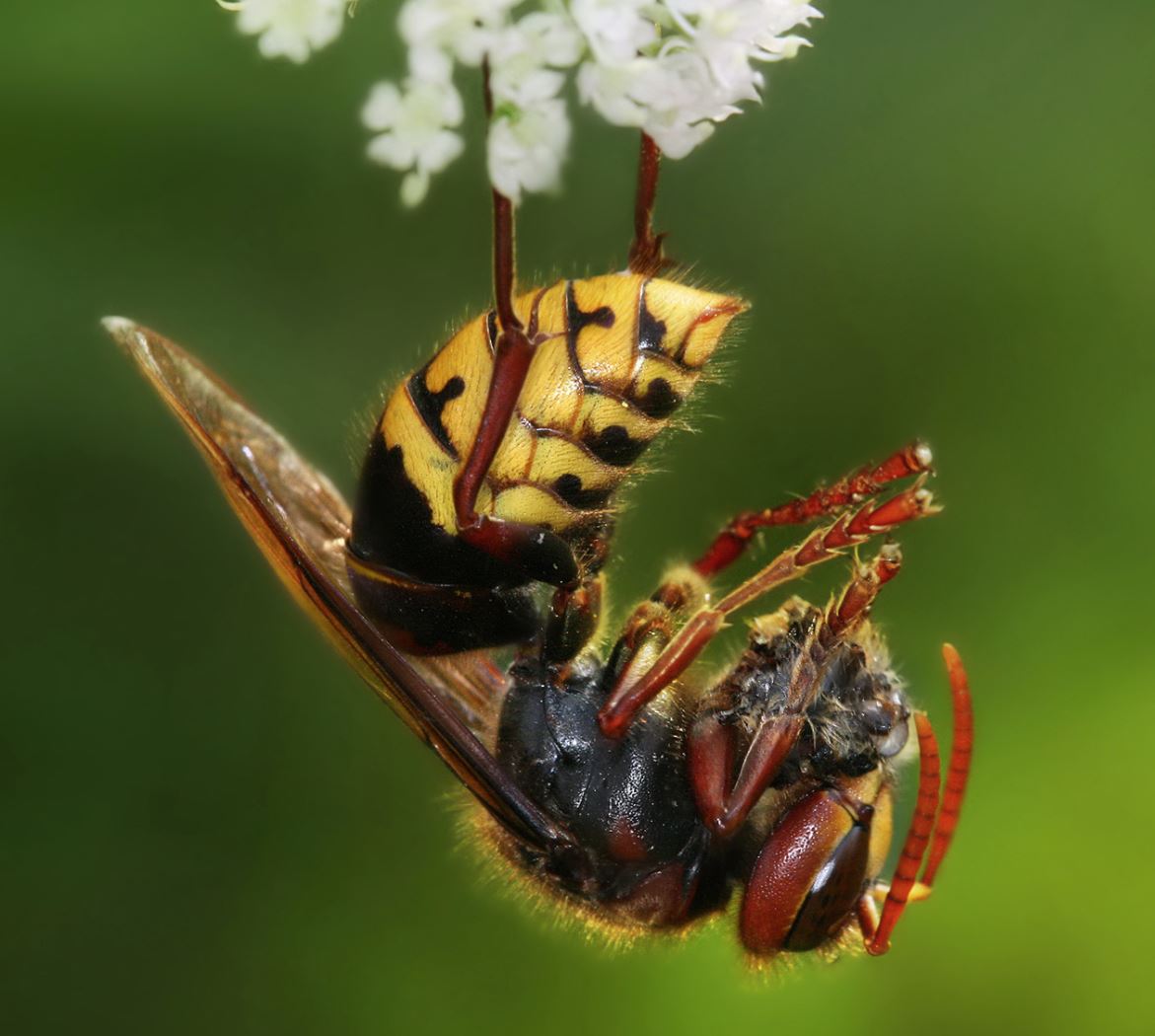3 Things You Should Know About Wasps
Wasps are usually forgotten about until the summer months when they come into their prime. But, you’ll definitely notice them if they decide to set up home in your property or garden. To get clued up on all things wasp related, here are three key facts about wasps.
A wasp is any insect in the Hymenoptera order that isn’t a bee or ant. Often mistaken for a bee, wasps have smoother skin, thinner bodies and are more aggressive than their honey-making cousins. There are seven species of social wasp in the UK. The commonest is the Common Wasp Vespula vulgaris followed by the German Wasp Vespula germanica, both of which nest underground and in cavities in trees, walls and buildings. Unfortunately, the lifespan of a wasp is very short. Social wasps tend to survive for around 12-22 days, while queen wasps live for up to 12 months. During the winter all wasp colonies die off: this is not due to the weather but a lack of food. They queens begin to re-emerge from late spring (April) and stick around until early autumn (October).
If you’ve noticed a high number of wasps in your area, there’s a good chance that their nest is nearby. If you observe their flight paths you’ll soon be able to track them to one location, with trees, lofts and roofs being a popular choice. To give nests their distinct papery look, wasps chew wood into a pulp and stick it together using saliva. Similar to a bee hive, wasps create rows of cells within their nest and lay their eggs inside. The larvae are then kept in the same cell until they mature into a wasp. During the peak of summer nests can house around 3,000-6,000 wasps but they can grow much bigger.
Unlike bees, wasps can sting repeatedly. To avoid being stung, check for any signs of wasps before carrying out gardening activities, try not to leave sugary drinks unattended and be careful when walking on grass without shoes. Luckily, unless you’re allergic, wasps stings can be treated at home. Wash the sting with soap and water to remove as much of the venom as possible, apply an ice pack to reduce the swelling and keep the area dry to prevent infection.
If you’ve come across a wasps nest in your home or garden, do not attempt to remove it. It’s always best to call a professional who can assess the area and relocate the nest to a safer place. For wasp, bee or hornet infestations in South Wales and the surrounding cities, get in touch with Mr Wasp , the 24/7 pest professionals.
